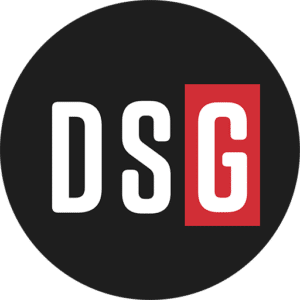In its Q2 2025 earnings call, W.W. Grainger addressed the ongoing challenges posed by tariffs and provided insight into how the company is adapting its strategy to manage rising costs. Executives highlighted the importance of a flexible and global supply chain to mitigate the impact of tariffs on the business.
CEO D.G. Macpherson detailed Grainger’s approach, emphasizing the company’s proactive efforts to manage tariff-related expenses. “Tariffs continue to affect our cost structure, but we have a solid strategy in place to navigate this challenge,” he said. “We are actively working with our suppliers to adjust sourcing strategies and reduce cost increases where possible. Our global reach and supply chain flexibility allows us to absorb some of these costs while maintaining our competitive pricing.”
Macpherson further noted that Grainger’s global presence has been key to minimizing the risks associated with tariffs. “By diversifying our supplier base and sourcing from multiple regions, we can reduce our exposure to tariff-related disruptions,” he explained. “This flexibility allows us to maintain a steady flow of products and mitigate the direct impact of tariff increases on our operations.”
CFO Deidra Cheeks Merriwether expanded on this, explaining how the company is balancing the need for price increases with its commitment to customer value. “We’re focused on managing the cost increases from tariffs while ensuring that our pricing remains competitive,” Merriwether said. “When necessary, we’ve made targeted price adjustments, but we’re committed to maintaining the trust and loyalty of our customers, which is why we remain transparent in how we handle these increases.”
Merriwether also underscored the importance of anticipating tariff changes to stay ahead of potential cost pressures. “We have a dedicated team monitoring tariffs and trade regulations,” she said. “This proactive approach allows us to quickly adapt to any new tariffs and make adjustments to our pricing strategy in a controlled manner.”
Both Macpherson and Merriwether pointed to Grainger’s efforts to continuously optimize its supply chain and procurement processes as central to managing tariff impacts. “While the tariff environment remains unpredictable, we’ve taken steps to limit its effect on our bottom line,” Merriwether added. “By staying ahead of changes and collaborating closely with our suppliers, we can better navigate this challenging landscape.”
Don’t miss any content from Distribution Strategy Group. Join our list.


